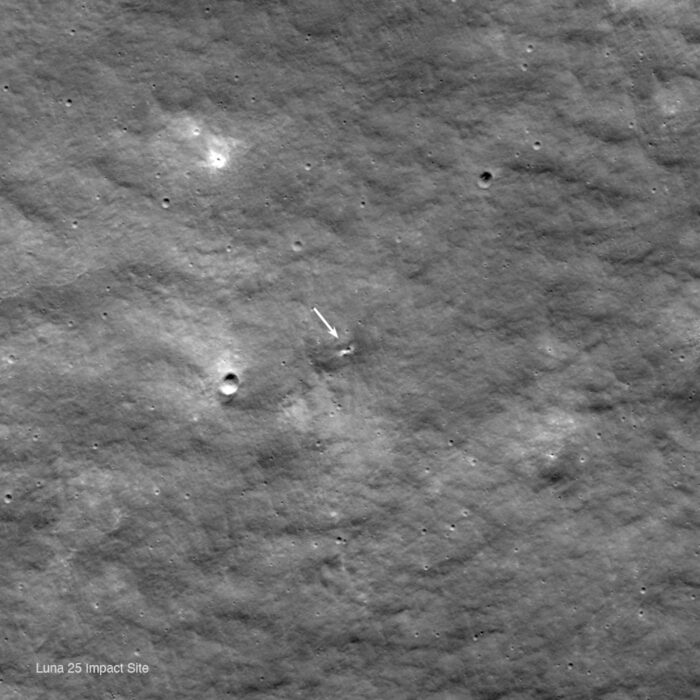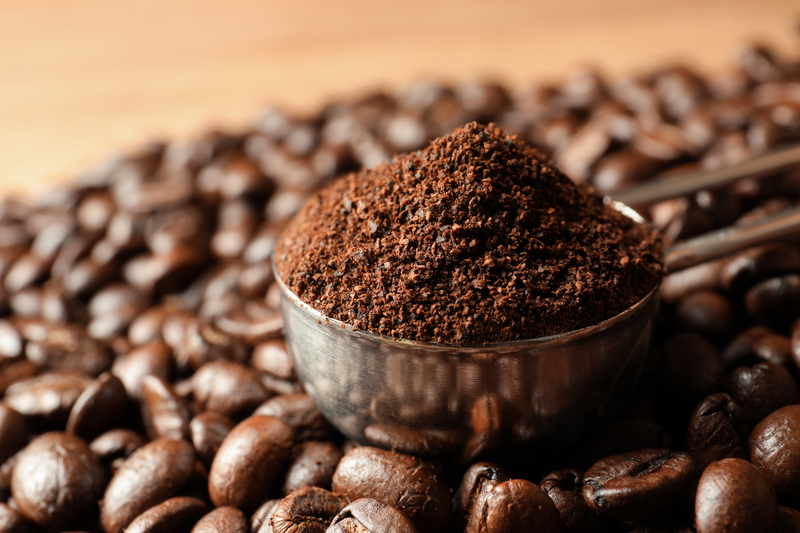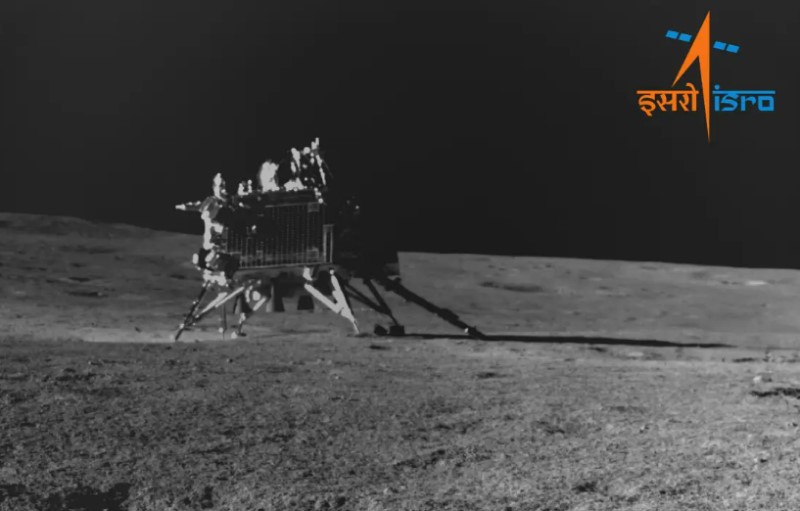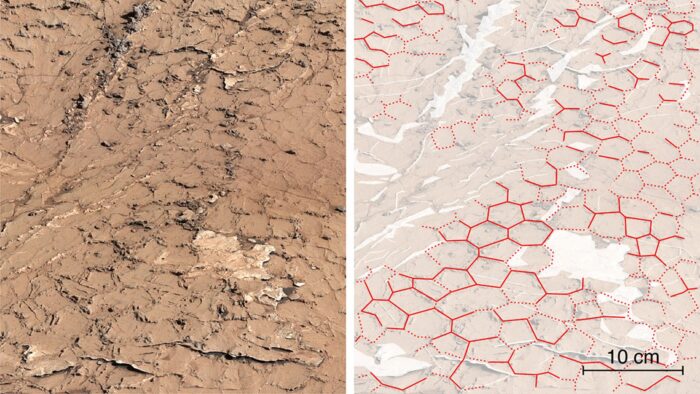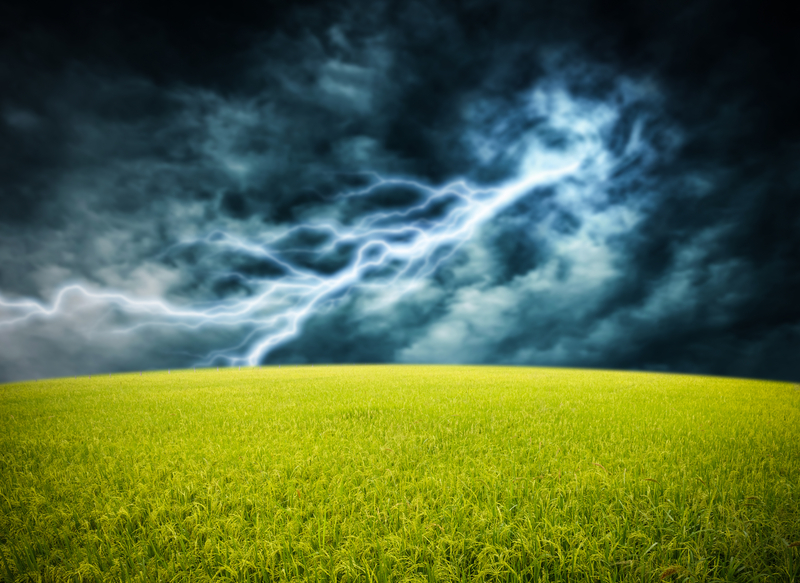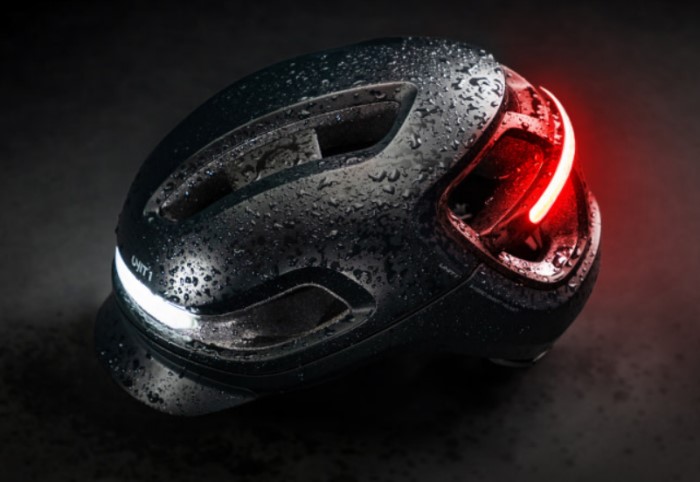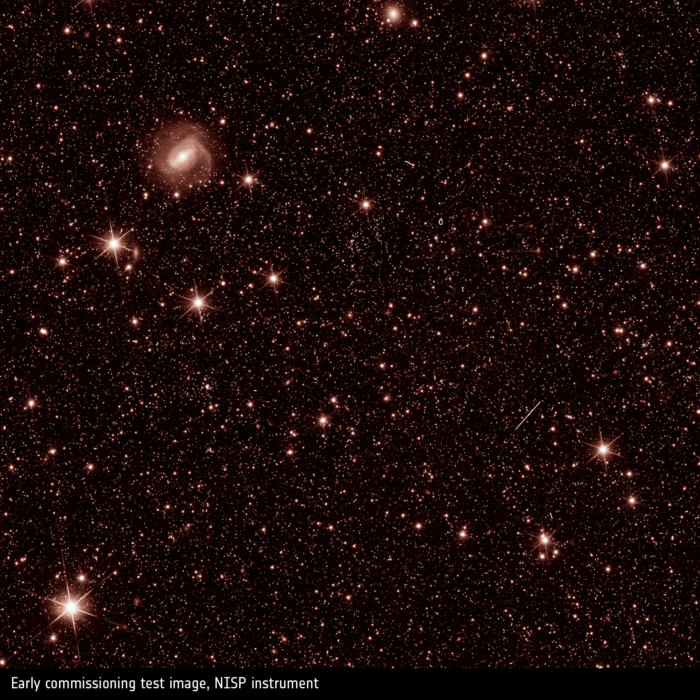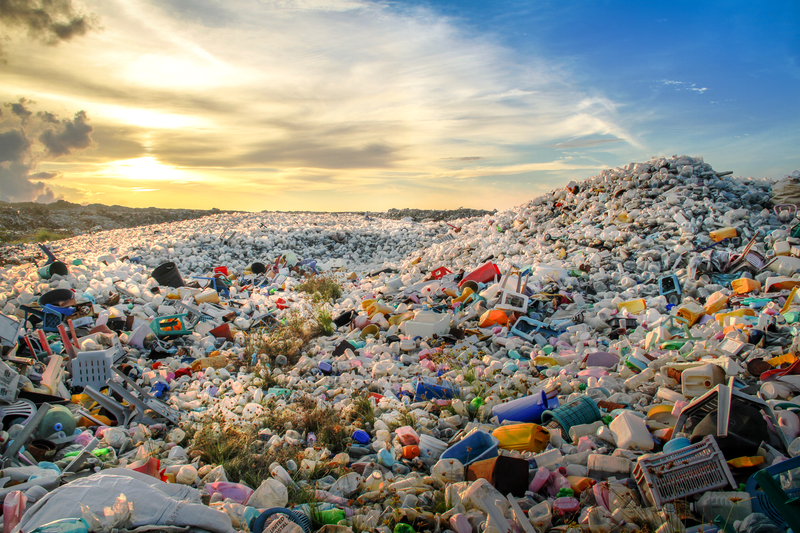High up above the Arctic Circle on the Norwegian Island of Spitsbergen is a special place: the Svalbard Global Seed Vault. Think of it as an international bank of seeds, a multinational freezer of plant spores.
Some 4.5 million seeds are stored here. The reason? To keep the world's plant species safe from extinction by always having their seeds at the ready.
Sounds like a great idea... but can all these samples really stay good just sitting there in a giant frozen bunker? Don't they go bad?
Some might. But a recent experiment out of Israel proves that seeds can last a surprisingly long time without any freezing at all. As in 2,000 year-old seeds!
Ancient seeds
Ruins of Herod's Palace in Masada, Israel. (Getty Embed)
Hundreds of seeds were discovered in the ruins of a temple built by King Herod the Great, who was the king of Judea between 37—4 BCE. Even more seeds were found in caves in southern Israel. Researchers at the Hadassah Medical Center in Israel had so many that they decided to put them to the test.
Could they actually grow into trees after all of this time?
33 seeds were selected for planting. They were soaked in water and fertilizer and then planted. The result?
Six of the seeds turned into healthy saplings. Not bad for such old seeds!
The date palm dating game
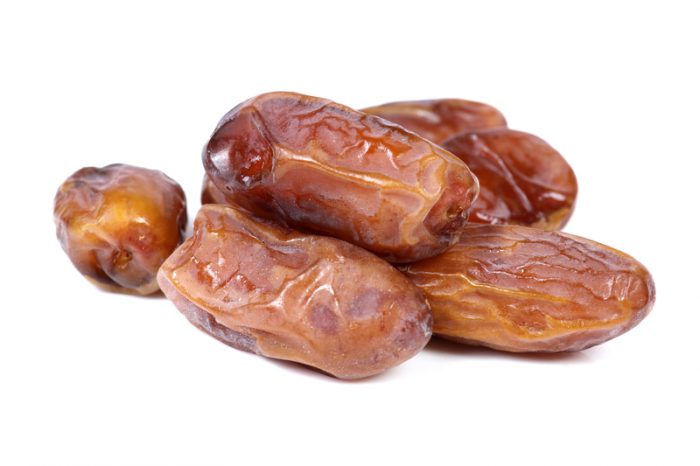
Ripe dates are delicious. And each one has a seed inside. (© Picstudio - Dreamstime.com)
The success allowed scientists to take even more accurate carbon dating tests of the plants. These confirmed that the seeds were indeed between 1,800 and 2,400 years old. This puts them at around the time that Jesus lived and the Roman Empire was at its peak.
As for the dates themselves, we'll have to wait to see what kind of fruit these palms produce. Dates are a big part of Middle Eastern cultures and cuisines, and they have been for thousands of years. Some ancient records claim that dates used to be much larger than modern dates — meaning that these plants could be from a species that haven't been alive for ages. We look forward to seeing how these palms pan out!
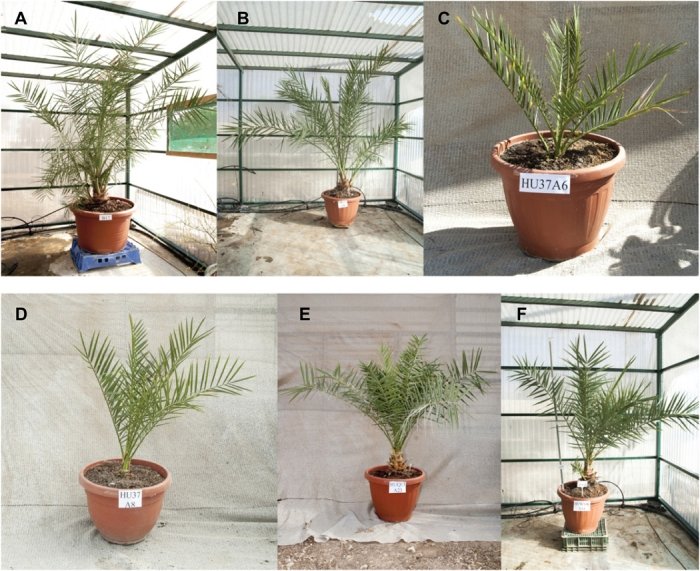 These date palm saplings have been grown from seeds that date back to the Roman Empire. (Guy Eisner)
These date palm saplings have been grown from seeds that date back to the Roman Empire. (Guy Eisner)

